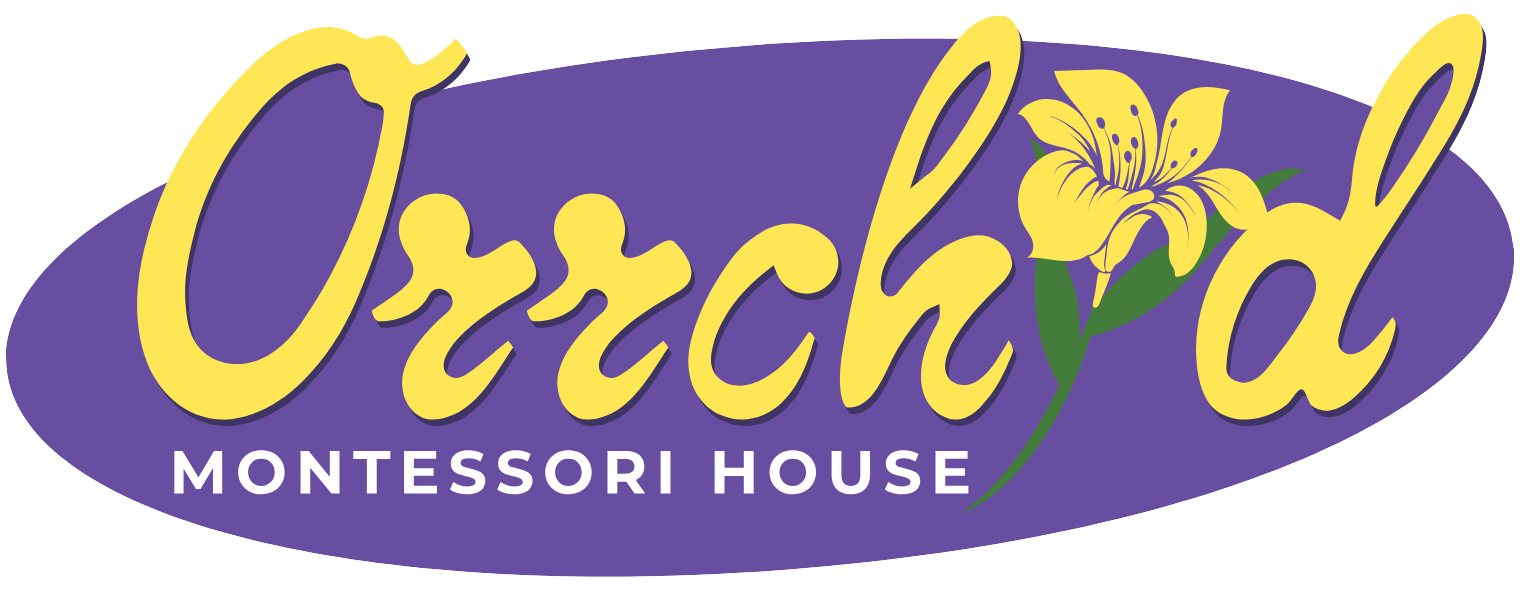Introduction
Montessori education has gained popularity around the world for its child-centered approach and lifelong impact — but along with its growing fame comes a fair share of myths and misunderstandings.
From “it’s only for the elite” to “children can do whatever they want,” there are many misconceptions that cloud the true essence of the Montessori philosophy.
Let’s clear the air. In this blog, we’ll explore and debunk some of the most common Montessori myths, helping parents make informed decisions about their child’s education.
🌟 Myth #1: “Montessori is just for privileged or gifted children.”
Fact: Montessori is for all children.
While some Montessori schools may be private or fee-based, the method itself was created by Dr. Maria Montessori for children from underserved communities in Rome. Montessori education is designed to support a wide range of learners, regardless of background or ability, and is increasingly being adopted in public and low-cost educational settings around the world.
🎨 Myth #2: “In Montessori, children do whatever they want.”
Fact: Montessori offers freedom within limits — not chaos.
Children in Montessori classrooms can choose their activities, but from a carefully prepared environment filled with meaningful, age-appropriate materials. This choice encourages independence, concentration, and responsibility, but always within a framework of respect and structure.
🧸 Myth #3: “There’s no play in Montessori classrooms.”
Fact: Montessori values purposeful play.
Montessori classrooms are full of hands-on, engaging materials that feel like play but are deeply educational. Instead of random toys, children work with tools that refine their motor skills, thinking abilities, and sensory awareness — all while having fun. The learning is joyful, not forced.
🎓 Myth #4: “Montessori doesn’t prepare kids for the real world.”
Fact: Montessori children are often better equipped for real-life challenges.
From early on, Montessori emphasizes practical life skills like dressing themselves, caring for the environment, solving social conflicts, and making independent choices. These children often grow into confident, adaptable, and self-directed learners — traits highly valued in both academic and real-world settings.
🧑🏫 Myth #5: “Montessori teachers don’t teach — they just observe.”
Fact: Montessori teachers are highly trained guides.
Montessori educators carefully observe, assess, and support each child’s learning journey. Rather than giving lectures to a whole group, they guide individual progress, offer personalized instruction, and step in only when needed — allowing the child to build independence and confidence.
👶 Myth #6: “Montessori only works for preschoolers.”
Fact: Montessori is a lifelong philosophy.
Though it’s best known for early childhood education, Montessori principles are used from birth through adolescence — and even in adult learning environments. The core values of independence, respect, and curiosity apply at every age.
🌱 Myth #7: “Montessori is too rigid or outdated.”
Fact: Montessori is both timeless and flexible.
Though the method is over a century old, it is deeply rooted in scientific observation and child psychology — making it more relevant than ever. Many aspects of Montessori align with modern research on brain development and learning. Plus, Montessori classrooms evolve with the times, integrating new tools while staying true to the philosophy.
Final Thoughts
Montessori education is not a trend — it’s a tried, tested, and transformative approach to learning. By busting these common myths, we hope you gain a clearer understanding of what makes Montessori so powerful.
At Orchid Montessori House, we embrace the true Montessori spirit — nurturing independent, curious, and confident learners in an environment built on respect and trust.
